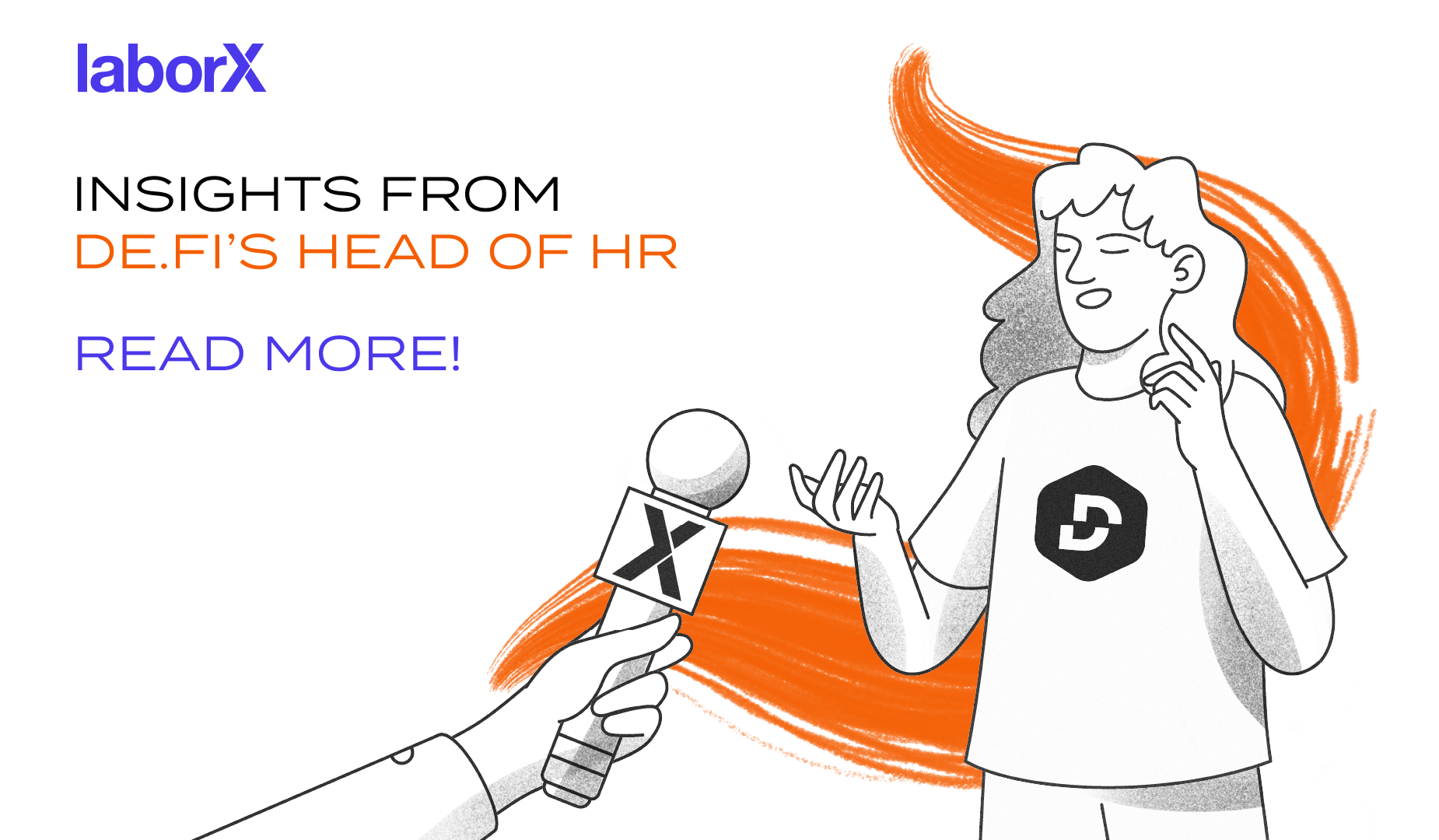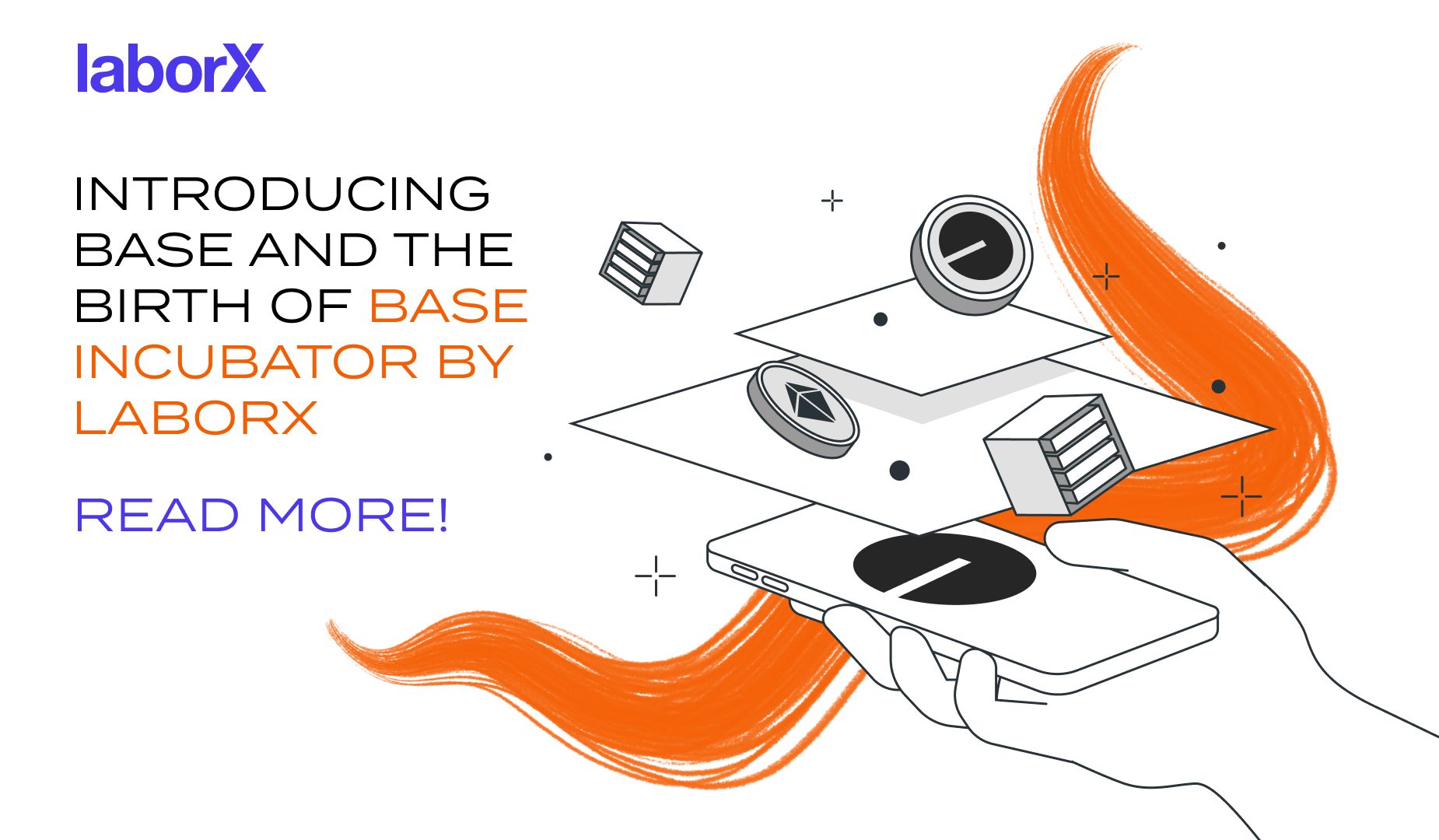
Inside Web3 HR: Insights from De.Fi’s Head of HR
Discover how Web3 is reshaping HR practices with insights from a leading expert in the field.
Read
Hotcoin’s HR shares her journey from traditional industries to the world of Web3 and crypto, highlighting key insights on thriving in this space.
Meet Febie Kate Pendon, Admin and HR Specialist at Hotcoin, who made the bold leap from traditional industries to Web3. With a background in operations and a desire to step out of her comfort zone, she seized the opportunity and never looked back.
In this interview, Febie shares her insights on the transition, the unique challenges of HR in crypto, and the future of the industry.
In my previous company, I started as an admin and was later promoted to operations manager. I reached a point where I felt the need to step out of my comfort zone,since I had been working with just one company here in Dubai.
It seemed like a divine coincidence when the right opportunity appeared at the right time.
The Web3 and crypto communities felt like a rabbit hole leading to promising and virtually endless career possibilities. An HR contact who recently transitioned into this industry recommended it to me. After speaking with her, it was clear she was very satisfied with her decision.
I detailed my job experience to her, and then I discussed the project and role with the Global Partnership Head of Hotcoin during our initial meeting. Although I lacked knowledge about this industry, I was informed that prior crypto experience wasn't necessary for the role.
I remember I was invited to attend an event that I expected it to be “very corporate," but it turned out to be quite the opposite. I met a lot of inspiring and intelligent individuals, from designers to crypto enthusiasts, who share a positive vision for the future of this industry.
I actively immersed myself in understanding the dynamics of the crypto work culture, both globally and within remote communities. While familiarizing myself with the new environment, I also integrated my previous experience and effective practices from past roles. I believe this approach has been successful and allowed me to execute my responsibilities effectively.
I anticipate a significant evolution in the Web3 and crypto industry over the next five years. I expect to see a growing convergence between traditional financial systems and crypto assets.
As the industry matures, the establishment of more regulatory frameworks is likely.
Governments and regulatory bodies will probably introduce clearer guidelines to address issues such as security, fraud, and consumer protection, which could enhance legitimacy and promote mainstream adoption.
Businesses, financial institutions, and everyday consumers are expected to increasingly engage with blockchain-based applications.
Financial institutions are beginning to integrate blockchain technologies into their operations, offering crypto-related services and developing hybrid financial products. This trend is already evident in Dubai's technological landscape.
As I mentioned earlier, this is like a rabbit hole that opens up promising and nearly limitless career opportunities for individuals around the world.
Majorly will be:
Navigating the evolving legal and regulatory landscape can be difficult. HR must stay informed about compliance issues and ensure that the organization adheres to local and international regulations.
Attracting and retaining skilled professionals in the competitive crypto industry can be challenging. The demand for talent often exceeds supply, leading to fierce competition and high turnover rates.
A traditional company setup typically has a centralized structure with a clear hierarchy. Decision-making authority is concentrated at the top levels of management, with well-defined roles and reporting lines.
Hotcoin embraces a decentralized structure: decision-making can be more distributed, and governance is shared among stakeholders rather than centralized in a few individuals. The organizational structure here is more flat, without traditional executives, and everyone is encouraged to work independently.
There is no micromanagement and, I believe, it makes tackling work challenges easier and creates a healthier work environment.
These roles contribute to the overall success and smooth operation of a digital asset exchange, ensuring that the platform is secure, compliant, user-friendly, and able to adapt to changing market conditions.
It depends on the role, but the most important qualities that every candidate must possess are:
Tailor your CV according to the role! Also, mention a significant headliner on your CV. Additionally, rename your CV file to your full name.
When tailoring your CV for crypto exchange, consider highlighting your passion for the industry in your headline, such as "Crypto Enthusiast" if you're new to the field.
Using relevant keywords is crucial, as they help recruiters quickly identify your fit for the role. Clearly outline your skills and activities in bullet points for easy scanning. Include your Telegram account on your CV, as many crypto recruiters are active on that platform.
When applying through LinkedIn, reach out on multiple platforms to stay connected and ensure recruiters are updated on your application status. Following up is essential in this industry.
Important note: in this industry, your experience and duration of work are highly valued; they may reflect recruiters' concerns about the candidate’s attitude or ability to handle workplace challenges.

Discover how Web3 is reshaping HR practices with insights from a leading expert in the field.
Read
Discover Base's innovative L2 solution addressing scalability, security, and user experience challenges in crypto. Learn about Base Incubator by LaborX, fostering growth and innovation within the Base ecosystem.
Read
Start using the app now to earn points by logging in regularly and completing simple tasks!
Read